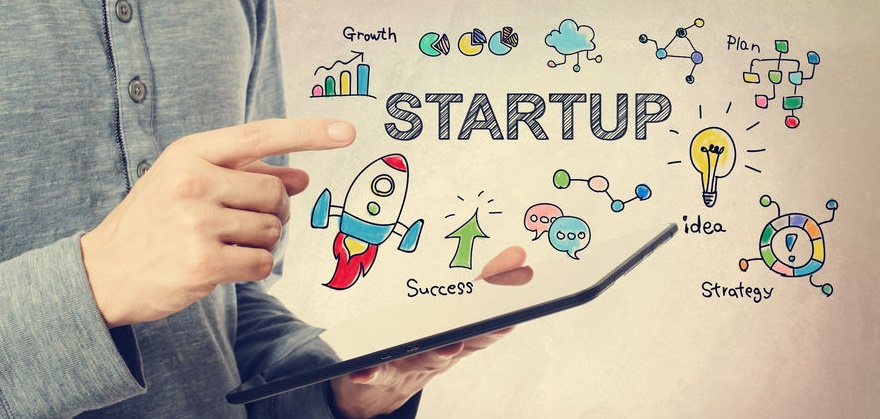
Currently, 81% of startups are already formalized and 89.5% have already developed their business plan. The numbers show a great concern in the regularization of the activity at the beginning of the operation, as well as in the strategic part. Not surprisingly, 42,1% of startups have been in the market for more than two years, therefore having survived the crisis that devastated the country.
The new government incentive policies, such as the Individual Microentrepreneur Law, Simples Nacional and the recent Startup Brasil program, which aims to protect investors, are advances that have been encouraging the emergence of new entrepreneurs who create more jobs and solutions for a country still lacking in several areas. With this, in addition to collecting more taxes, the government assists this new class of entrepreneurs. However, difficulties arising from a complex and costly labor and tax environment still hinder a greater advance for national startups. Today the mortality rate of startups in the country is 25% per year.
Collectively, nine large technology companies, which barely existed a decade and a half ago, added about US$ 1 trillion dollars in new wealth to the North American GDP. This being the vision of start ups, those who do not know the sector may be surprised by the annual gross revenue of a startup in Brazil: 72% of them do not reach 50 thousand reais, while only 6% invoices more than 500 thousand reais at year.
Thus, to meet the large volume of work associated with the lack of capital at the beginning of activities, more than 70% of startups have between two and four partners and not all of them even hire external labor, 21.6% do not have any employee.
In order to become profitable, an expected result is the most common goal among startups: 44.8% seek to be scalable. Also according to the report, in the business model for the end user, 73.7% operate in a paid manner, another form of gain for companies.
It is also worth evaluating the relationship between startups and accelerators, incubators and technology parks. Among the interviewees, 61,1% believe that the importance of an accelerator, incubator and technology park is irrelevant or not very relevant. This data can be attributed to the little access to these institutions, since 60.5% declare themselves independent.
Despite these data, 28.9% of startups are in technology parks and 38.8% believe that participating in development programs is important, very important or indispensable. The acceleration programs ask 51.6% of the cases as a counterpart for a percentage of participation, 32.3% ask for a rental fee that can be related to the companies in co-working and others perform a work without a tangible counterpart, that is, make available free consultancy, a model that has great occurrence among technology parks.
Regarding funding, 57.9% of the surveyed startups responded that they had already managed to carry out a first round of fundraising for investments. Of these, the highest percentage was between R$ 501 thousand to R$ 1 million with 27% of the funding registered in the survey, the main source of funding being angel investors with 34% of the interviewees.
However, despite the 300% growth in capital invested in startups between 2013 and 2016, the number of angel investors in the country had a small increase, of only 3%. Thus, 42% of the companies surveyed have not yet raised funds from investors. Of this universe, 42.5% claim to need capital between R$ 500 thousand and R$ 1 million.
The report also concludes that the number of startups in the Brazilian market is growing rapidly. There are some initiatives that have contributed to favor this scenario, but it is still risky to state what the result of these initiatives will be in a period of 3 to 5 years. In order to consolidate a positive result after this period, greater market evolution and an improvement, or at least stability, in the current national economic scenario is necessary. An increase in the SELIC rate, or changes in the tax or labor regime, which do not consider the perspective of simplifying such processes, may jeopardize a promising future for the Brazilian startup market.












